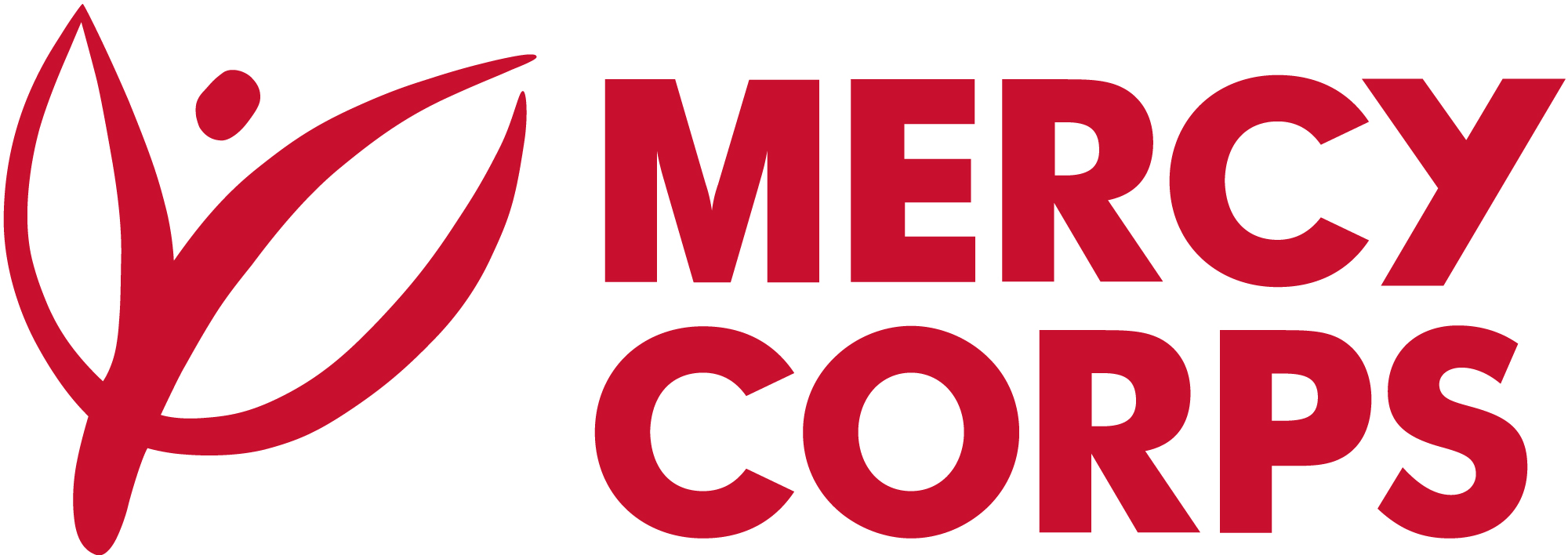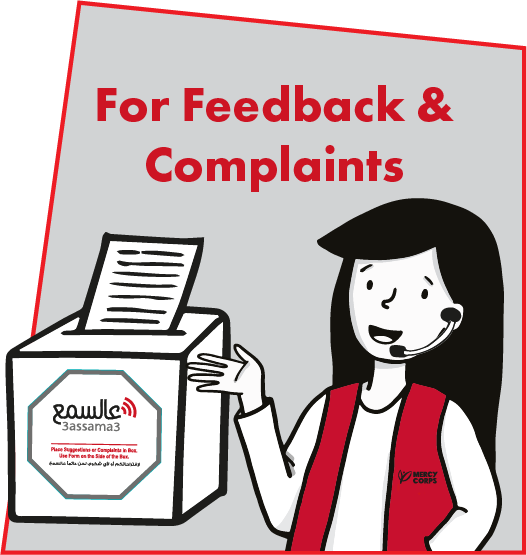Key Takeaways:
- President Michel Aoun’s six-year term ended on October 31, after the parliament failed to elect his successor, despite holding four electoral sessions in October. Established parties have not signaled that they will soon agree on a so-called “consensus candidate”. Having failed to form a new government before Aoun left office, the current caretaker cabinet will remain in place under a limited mandate.
- Lebanon recorded its first cholera case in October and infection quickly spread, particularly in Akkar and Bekaa. Many challenges remain in containing the outbreak, in particular limited electricity and water services.
- The Lebanese lira (LBP)-US dollar (USD) exchange rate depreciated in October, reaching a new low of LBP 40,000 – likely due to an increase in LBP in circulation and the precarious state of the commercial banking sector – before appreciating later in the month following the Central Bank’s announcement that it would stop purchasing dollars on the Sayrafa platform.
- Lebanon and Israel signed a US-mediated agreement which demarcates their shared maritime border and facilitates hydrocarbon exploration and extraction in formerly disputed areas. The agreement is expected to ease tensions along Lebanon’s southern border, though commercial petroleum extraction in Lebanese territory is not likely to commence in the near term.
- After receiving a failing grade from the International Monetary Fund (IMF), the parliament passed a new Banking Secrecy Law aimed at gaining IMF approval. It is unclear how the IMF will assess and respond to the new amendments.
- Despite a slight decrease in prices after the LBP-USD exchange rate appreciated in the last 10 days of October, fuel prices remain high and subject to global commodity price fluctuations. The high cost of diesel will add to household expenses for heating this winter, leading to an increase in negative coping mechanisms such as illegal logging.
- The government will raise electricity tariffs for the first time since 1994 in hopes of increasing electricity provision and meeting a key World Bank requirement to secure funds for a gas deal with Egypt
By Crisis Analytics Team, Mercy Corps Lebanon



